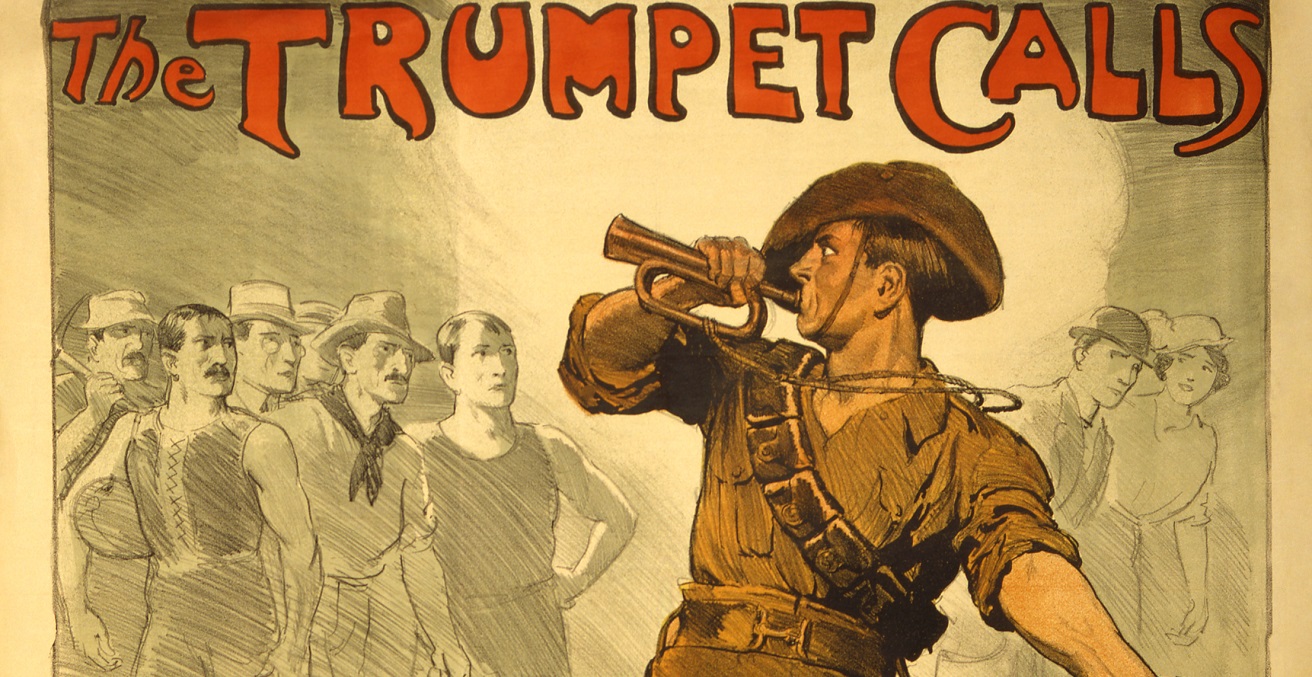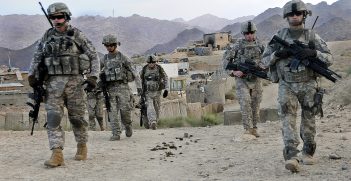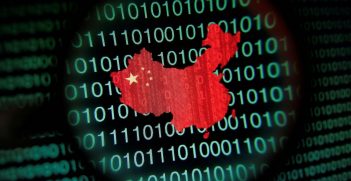Debunking Three Australian Foreign Policy Myths

Attitudes towards Australian foreign policy are undermined by a trio of misconceptions, led by the repeated assertion that today’s geopolitical unpredictability is unprecedented. History provides some perspective.
There is no end of debates on how to strengthen Australian security in the coming decade. Should we embrace the traditional ‘Defence of Australia’ doctrine or favour developing a lighter, more expeditionary force for use in international coalitions? How can we balance China’s right to an enhanced regional profile with our own interests and commitments? Should we enhance strategic ties with a power led by an erratic and bizarre president who unnerves allies? And so on.
But before we set out how to strengthen security, it is important to debunk several myths that shape popular attitudes about our nation’s foreign policy.
1. We are living in the most uncertain times in the post-World War II era.
The rise of China, the instability of the Middle East and the spread of Islamic terror, the rapid digitalisation of the global economy, the proliferation of nuclear weapons, and the re-emergence of populism and nativism across the western world culminating in Brexit and US President Donald Trump’s election a year ago—all these incidents have led many politicians, policymakers and pundits to proclaim this is the most volatile era since the 1940s.
But is this really the case?
Is today’s emerging strategic terrain more unsettling than the early-to-mid Cold War years when our leaders faced the challenges of decolonisation, communism and Asian nationalism? Or the late 1960s when Britain withdrew its military presence from east of Suez and US President Richard Nixon enunciated the Guam doctrine of US limits to power, which led to a widespread sense of abandonment in Australia?
Or the late 1980s and early 1990s when we were told that the collapse of Soviet communism and the end of the Cold War heralded ‘the end of history’. Or the early 2000s when the September 11 and Bali terror attacks apparently meant ‘the world had changed’.
Bear all this in mind when you hear people say we are living in the most uncertain era of international relations in living memory.
2. We have no ‘independent’ foreign policy.
Since Australian nationhood in 1901, the public and our political leadership have sought a close relationship with a major power that shares our values. That was Great Britain in the first half of the 20th century and the US since the onset of the Cold War.
Yet that does not mean Australia has been a lickspittle of what Robert Menzies called “our great and powerful friend”.
Just think how Australia expressed its independence within and sometimes without the empire in the first decades of the 20th century. As the distinguished diplomatic historian Neville Meaney FAIIA has shown, Australian leaders clashed with their counterparts in Whitehall when they felt Australia’s distinctive Pacific interests were not understood or appreciated in London. And they did this before the formal creation of an external affairs department in the mid-1930s.
Have we forgotten about Menzies’ decision to delay sending Australian troops to the Middle East at the outbreak of World War II? Or the Whitlam ministers’ strident denunciations of Richard Nixon and his national security adviser Henry Kissinger in 1972-73? Or the Bob Hawke government’s withdrawal from participation in MX missile tests in Australia in the mid-1980s?
In recent times, former diplomats Bruce Grant FAIIA and Alison Broinowski FAIIA have charged that, since John Howard’s prime ministership, Australian political leaders have been American sycophants.
Never mind that Tony Abbott, despite intense Barack Obama administration lobbying, ultimately supported Canberra’s inclusion in the China-led Asian Infrastructure and Investment Bank.
Never mind that Malcolm Turnbull, notwithstanding intense Pentagon lobbying, has refrained from supporting our own freedom-of-navigation patrols through the South China Sea.
Bear all this in mind when you hear people say we have no independent foreign policy.
3. We are witnessing the serious decline of the US in Asia in the face of a rising China.
It is true China has emerged as a truly great power in the region as its definition of vital strategic interests grows and as its economic power increases. It is also true that US credibility, influence and, crucially, confidence have waned since the disastrous decision to invade Iraq in 2003.
But across most of Asia, there remains a well-founded conviction that the US will remain the predominant power in defence, education, innovation and energy self-sufficiency.
Crucially, demographic trends work to America’s advantage: it has moderately high immigration and fertility levels whereas China will grow old before it grows rich; and, even if Beijing can sort out its long-term demographic problems, other big challenges loom, namely political, ethnic and environmental.
Bear all this in mind when you hear confident predictions that China will displace the US as the pre-eminent power in the region.
None of this, of course, means that Australia is immune to the kind of shifting tectonic plates that former Department of Foreign Affairs and Trade and Office of National Assessment head Peter Varghese recently observed in the annual Griffith lecture. US strategic dominance in Asia may be narrowing. China is clearly more assertive today than at any time since before the Opium Wars.
That means our policymakers and political leaders will need to navigate this emerging terrain. Indeed, as Owen Harries FAIIA and I have argued for more than a decade, Canberra will need to learn to play a more demanding diplomatic game than ever before, one that on occasion means we need to ride two horses simultaneously.
All true. But to suggest we are living in the most uncertain times in living memory or that Australia lacks an independent foreign policy or that the US regional leadership is in serious decline is no help in understanding how Australia should strengthen its security in 2018 and beyond.
Tom Switzer is incoming executive director of the Centre for Independent Studies and a presenter with ABC Radio National. This is an article based on his address to the 2017 Australian Institute of International Affairs National Conference.
This article is published under a Creative Commons Licence and may be republished with attribution.





